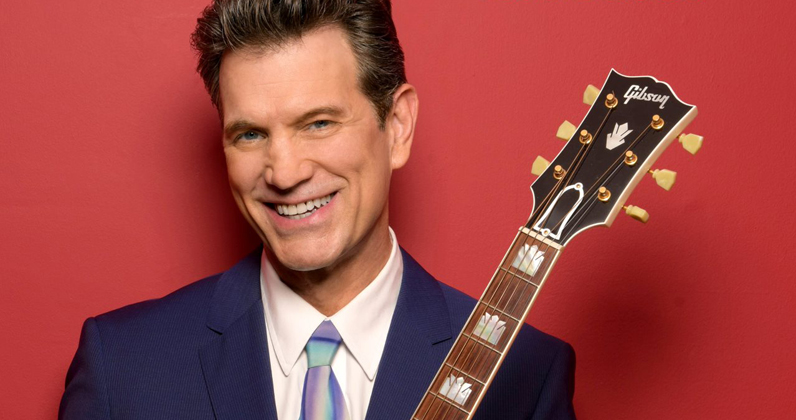
Desire and Despair Entwined in a Haunting Dream of Love’s Self-Destruction
When Chris Isaak released “Wicked Game” as a single from his 1989 album Heart Shaped World, the song initially drifted quietly into the ether—unnoticed by the mainstream. But in 1990, a slow-burning miracle occurred: David Lynch featured the instrumental version in his darkly erotic film Wild at Heart, and soon after, radio picked up the full track, igniting a cultural flame. The song climbed to No. 6 on the Billboard Hot 100 in early 1991, transforming Isaak’s brooding ballad into a modern torch song for a generation on the cusp of the new decade’s emotional disillusionment.
“Wicked Game” is not merely a song; it is a siren’s call from the shadows of romantic memory—seductive, mournful, and echoing with longing that refuses to be silenced. At its core lies a deceptively simple narrative: the peril of falling for someone who was never safe to love. But Isaak doesn’t merely tell this story—he inhabits it. His haunting falsetto glides above James Calvin Wilsey’s reverb-drenched guitar lines like smoke curling in the aftermath of a fire. The result is not just a musical composition but an atmosphere—suspended somewhere between dream and nightmare, where passion and regret blur into one another.
Written by Isaak himself, “Wicked Game” captures the paradoxical nature of desire: how something so magnetic can also be utterly destructive. “What a wicked game to play / To make me feel this way,” he croons, weary and wounded. The lyrics unfold with an almost unbearable intimacy, as though we’re eavesdropping on private confessions whispered into an empty room long after midnight. Isaak doesn’t rage or plead; instead, he resigns himself to the inevitability of heartbreak—his voice not angry, but aching with recognition.
Much of the song’s power lies in its sparseness. The arrangement is minimalist—almost skeletal—allowing every twang of Wilsey’s guitar and every breath in Isaak’s vocal delivery to resonate with aching clarity. This sonic space mirrors emotional vulnerability; there’s nowhere to hide when desire undresses truth.
And then there is the video—a black-and-white fever dream filmed on a Hawaiian beach featuring supermodel Helena Christensen and Isaak himself locked in intimate, sun-drenched embrace. Directed by Herb Ritts, it became iconic not for its sensuality alone, but for how perfectly it mirrored the song’s aching duality: beauty set against inevitable loss.
“Wicked Game” endures because it touches that familiar bruise—the ache we feel when love consumes more than it gives, when surrender becomes self-betrayal. It is both timeless and time-bound: echoing through late-night drives, solitary cigarettes smoked at open windows, and the quiet space between memories we can’t quite let go.
In Isaak’s hands, heartbreak isn’t merely endured—it becomes transcendent art.